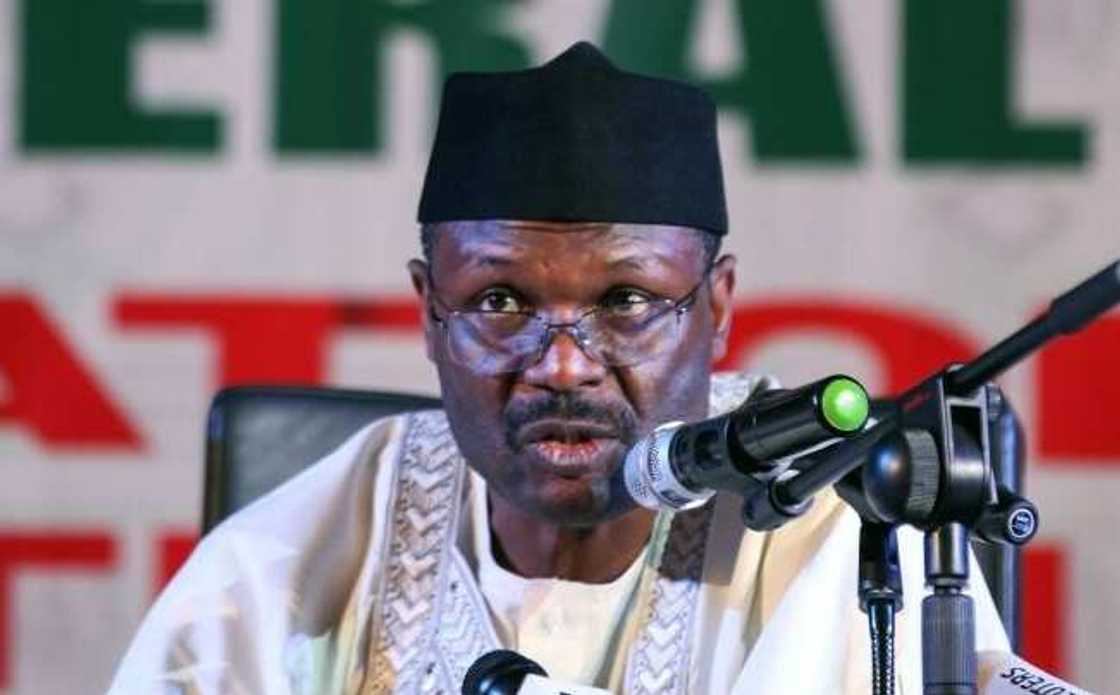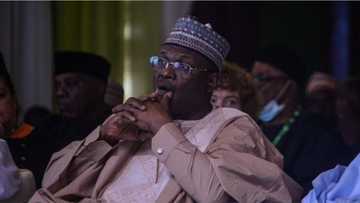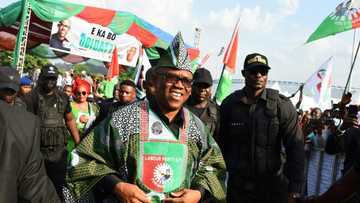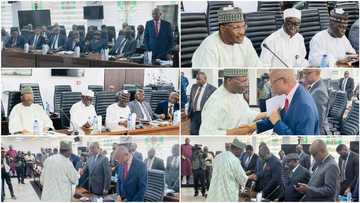2023 Polls: Monitoring Ballot Counting, 12 More Ways to Prevent Election Rigging in Your Polling Unit
- Ahead of the 2023 general elections, electorates have been urged to protect their votes at all costs after voting
- Electorates are advised to wait behind and observe the election process after accreditation and voting
- When internet network is too poor to transmit election results, voters are urged to accompany INEC officials to the nearest area with a good internet network
PAY ATTENTION: See you at Legit.ng Media Literacy Webinar! Register for free now!
With less than a week to the 2023 presidential elections, electorates have been urged to equip themselves with adequate information to combat electoral fraud.
Like previous elections, the 2023 general election is expected to have shortcomings.

Source: Facebook
However, these can be prevented if appropriate measures are taken by electorates and with the correct information.
According to a Yiaga Africa election advisory document, My Election Buddy, Legit.ng looks at ways to prevent rigging in polling units.

Read also
March 18 election: Concerns over INEC's credibility heightens as PWDs sends strong message to Yakubu
PAY ATTENTION: Follow us on Instagram - get the most important news directly in your favourite app!
1. Timeliness
Electorates are urged to show up early at their various polling units as it will be the first step to impede imminent electoral fraud.
Having a clue about your polling unit 24 hours before the election day will help electorates reach their various polling centres on time.
2. Double checking
In this case, electorates are urged to cross-check and double-check some essential materials at the polling units.
Some of these materials include ballot papers, result sheets and BVAS devices.
3. Before accreditation and voting begin, electorates are urged to verify if the BVAS has zero figures for accreditation.
4. Observing after voting
Electorates have been urged to remain at their polling units to monitor the collation, sorting and counting of the ballot papers for more transparent and accountable polls.
5. The next thing to do as an electorate is to closely monitor the ballot counting process and ensure the results are recorded on the original Form EC8A for the polling unit.
6. Electorates must ensure that INEC officials present at the polling unit take a picture of the authentic result sheet for the polling unit using the BVAS only.
7. Similarly, once the photo of the result sheet is taken, closely watch to ensure the INEC official uploads the result on the IReV using the BVAS.
8. Network issue
In a situation with a poor network to transmit the result, electorates can accompany the INEC official with the BVAS to the nearest location with the network and verify the result is transmitted electronically.
9. Similarly, electorates are to request the INEC official to post the polling result at the polling unit using Form EC60E.
10. It is essential to note that electorates can accompany the INEC officials and electoral materials to the ward collation centre to monitor the process.
11. Electorates can take pictures and video of activities at the polling unit, except picture/videos exposing how people votes.
12. Electorates can share videos and pictures on social media and tag INEC or other accredited electoral monitoring groups.
13. For electoral fraud or violence complaints, electorates can call or send an SMS to 09038007744.
2023 Elections: PVC verification, Voter Accreditation and 3 Other Key Things Voters Should Know About BVAS
Meanwhile, ahead of the 2023 polls, electorates have been urged to equip themselves with the correct information before heading to the polling units.
INEC has, over the past few months, continued its sensitisation and awareness schemes in conjunction with civil society groups to keep voters up to date.

Read also
Labour Party threatens to 'Occupy INEC' over disobedience of court orders on election materials inspection
One of the various information a voter need to know is how the Bimodal Voter Accreditation System (BVAS) functions.
2023 Polls: INEC Explains How Winner of Presidential, Legislative Elections Will Emerge
With less than five days to the 2023 general elections, insights have been given into the factors that will decide the winner of the presidential poll.
The winner of the presidential poll is expected to have 25% of the votes cast in at least two-thirds of all the states, including the FCT.
However, if this threshold is lacking, the two candidates with the highest votes will head for a run-off election.
Source: Legit.ng



